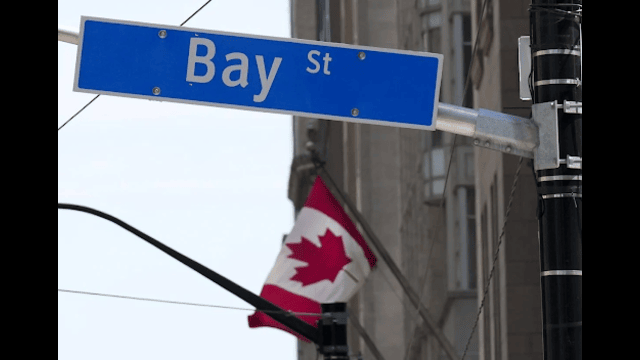
Finance leaders from the G7 countries and Ukraine have gathered in Banff this week for talks focused on trade, security, and the state of the global economy.
The first day of the G7 finance meetings in Banff, Alberta, wrapped up on a hopeful note, with Canada’s Finance Minister François-Philippe Champagne calling the discussions “very productive.” Meeting with key financial leaders, including U.S. Treasury Secretary Scott Bessent, Champagne shared optimism about the progress made and the spirit of cooperation among the participating nations.
The gathering, which includes finance ministers and central bank governors from Canada, the U.S., Germany, France, Italy, Japan, and the U.K., as well as representatives from the European Union and the World Bank, aims to lay the groundwork for the upcoming G7 Leaders’ Summit in June. Held against the picturesque backdrop of the Rocky Mountains, these talks are a key opportunity to shape the global financial agenda.
Champagne, alongside Bank of Canada Governor Tiff Macklem, is leading discussions focused on economic resilience, development challenges, and emerging issues like artificial intelligence and financial crime. While the finance minister didn’t confirm whether a joint statement will be released at the end of the talks, he expressed satisfaction with the progress so far.
Early in the day, delegates posed for a group photo at the Rimrock Resort before diving into sessions covering a wide range of issues. These included how to strengthen global growth, manage economic risks, and ensure coordinated responses to financial threats.
Despite not being on the formal agenda, the issue of U.S. tariffs—especially those initiated under former President Donald Trump—loomed large. On the sidelines, leaders discussed how to address trade tensions without escalating them further. Champagne met privately with Bessent before dinner to talk about trade imbalances and economic growth strategies, though he declined to share specific details of the conversation.
Another central focus of the summit is Ukraine. Though not a G7 member, Ukrainian Finance Minister Sergii Marchenko was invited to attend. Champagne described his presence as a powerful symbol of solidarity and a commitment to support Ukraine as it deals with the ongoing consequences of Russia’s invasion.
In their side meeting, Champagne and Marchenko spoke with investors about the long-term task of rebuilding Ukraine—an effort the IMF estimates could cost over US$500 billion. The G7 aims to coordinate international support, explore private sector involvement, and push for further sanctions on Russia.
This summit also comes as Prime Minister Mark Carney’s Liberal government faces domestic criticism for delaying the federal budget. Instead of a spring budget, the government now plans to present a more detailed financial roadmap in the fall. Champagne explained that high-level international meetings like this one are essential for shaping Canada’s future fiscal direction.
He emphasized that upcoming global events—including the NATO Summit—will also influence key decisions on defence and government spending. Carney recently noted that Canada is well-positioned to play a leadership role in the shifting global economy.















